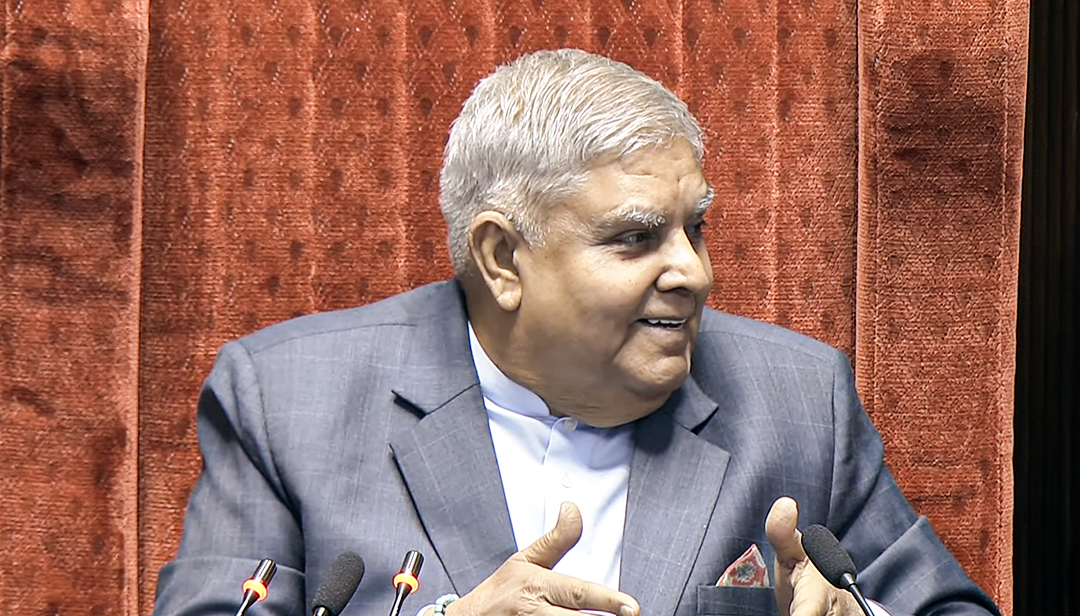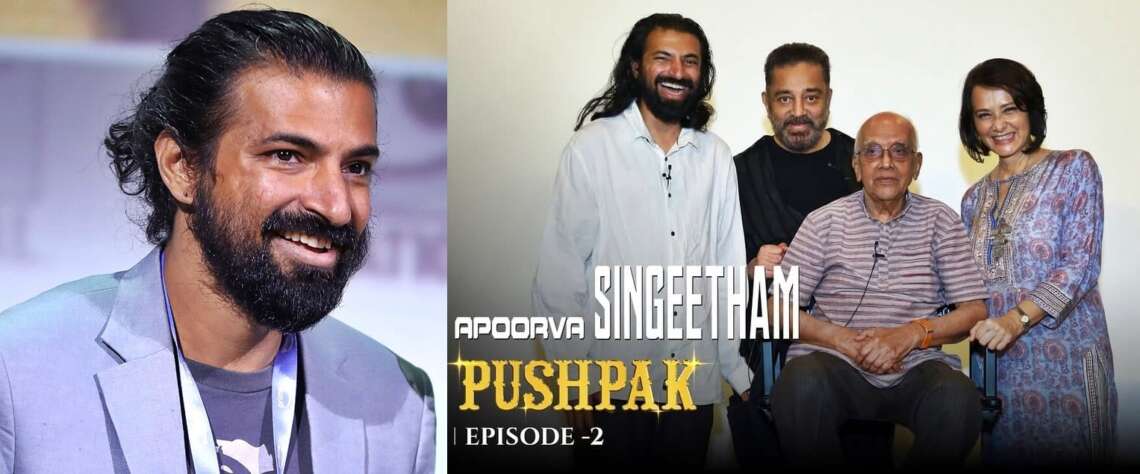The researchers discovered that artificial heart patients regenerated muscle cells at more than six times the rate of healthy hearts…reports Asian Lite News
Heart muscle can regenerate in some people with artificial hearts, according to an international research team co-led by a physician-scientist from the University of Arizona College of Medicine – Tucson’s Sarver Heart Center. The findings suggest new possibilities for treating and potentially curing heart failure.
Although medications can slow the progression of heart failure, there is currently no cure. The primary treatment for advanced cases, aside from transplants, is using a left ventricular assist device (artificial heart) to help pump blood.
“Skeletal muscle can regenerate after injury. If you tear a muscle playing soccer, resting it allows it to heal,” explained Hesham Sadek, chief of the Division of Cardiology at the University of Arizona College of Medicine – Tucson.
“This is the strongest evidence we have that human heart muscle cells can regenerate, solidifying the idea that the heart has an intrinsic capacity to heal.”
“When heart muscle is injured, it doesn’t grow back. We have no way to reverse heart muscle loss,” Sadek stated in a paper published in the journal Circulation.
Sadek led a collaboration of international experts to investigate whether heart muscle regeneration is possible. The project began with tissue samples from artificial heart patients provided by the University of Utah Health and School of Medicine, led by Stavros Drakos, a pioneer in left ventricular assist device-mediated recovery.
The researchers discovered that artificial heart patients regenerated muscle cells at more than six times the rate of healthy hearts.
“This is the strongest evidence we have that human heart muscle cells can regenerate,” said Sadek. “It solidifies the idea that the heart has an intrinsic capacity to regenerate.”
The study further supports the hypothesis that the inability of the heart muscle to rest is a key factor in its loss of regenerative ability shortly after birth. Study authors suggest that targeting the molecular pathways involved in cell division could enhance heart regeneration.









